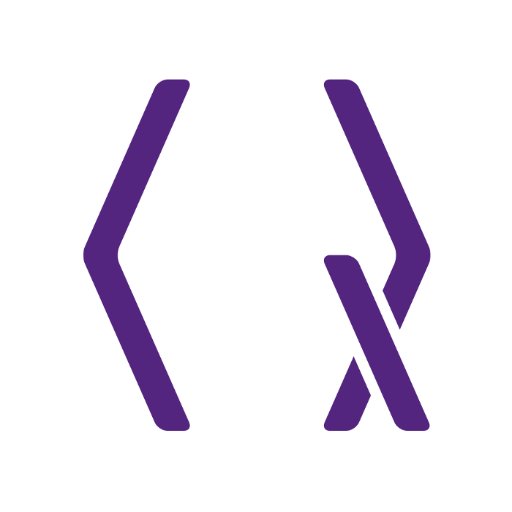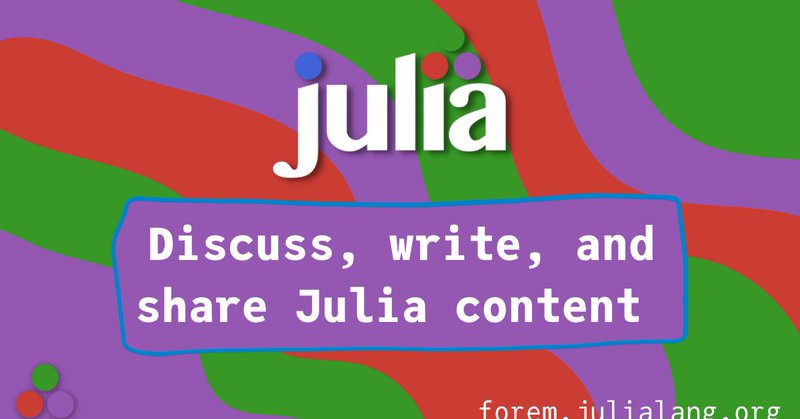
Ryan Shaffer
@ryanmshaffer
Followers
434
Following
741
Media
71
Statuses
636
Quantum computing scientist at @AWS. Previously: @Microsoft, @Facebook, @SandiaLabs, @BerkeleyPhysics, @MITSDM. Diehard @CleGuardians fan. All views are my own.
Joined August 2010
Newly published in Quantum: Sample-efficient verification of continuously-parameterized quantum gates for small quantum processors by Ryan Shaffer, Hang Ren, Emiliia Dyrenkova, Christopher G. Yale, Daniel S. Lobser, Ashlyn D. Burch, Matthew ... https://t.co/o2o3vI4NGX
0
4
25
Python code for the SBO optimizer is available at
github.com
Surrogate-based optimizer for variational quantum algorithms. - sandialabs/sbovqaopt
1
0
2
We also hope that the “batch” construction allows for more efficient implementation on hardware. It allows taking data from many points at once, without requiring feedback from the optimizer. This can significantly reduce the overhead associated with running VQAs in practice.
1
0
1
And with sufficient batch size, it scales well even to higher-dimensional problems. In the paper we demonstrate that using an equivalent number of shots, SBO outperforms SPSA on realistic QAOA and VQE problems. This advantage increases with the dimension of the problem!
1
0
0
Enter SBO. We take data for a “batch” of many sample points at each iteration, randomly spread over a “patch” in parameter space. We then use this noisy data to reconstruct a smooth “surrogate” model of the landscape. This works well even for relatively small shot count.
1
0
0
A common optimization approach in this case is SPSA, which takes data for two randomly-located sample points at each iteration. This works well! But it scales poorly as the dimensionality of the problem increases, which often occurs as VQAs become more complex.
1
0
0
Following a gradient is easy if you have noiseless expectation values. But on real hardware, only finite shots can be taken. This produces an unavoidable stochastic “shot noise” in the data which must be smoothed out, typically by taking data over a region in parameter space.
1
0
0
New in @PhysRevA: a surrogate-based optimization (SBO) technique for VQAs. The goal is to minimize an expectation value over a multi-parameter landscape. Work with Lucas Kocia and @mohansarovar. https://t.co/28uMxngK8u Why is SBO relevant? 👇
journals.aps.org
Variational quantum algorithms are a class of techniques intended to be used on near-term quantum computers. The goal of these algorithms is to perform large quantum computations by breaking the...
1
0
8
let’s be honest, the lollipop is the only reason I went to grad school.
4
0
42
Excited to announce Braket.jl, an experimental #julialang SDK for Amazon Braket, where you can build, test, and run #quantum computing experiments in Julia, using quantum computers and simulators on Amazon Braket. Check it our full blog post at https://t.co/5NnehQd5bk!
forem.julialang.org
Braket.jl is a new, experimental package that lets you build quantum circuits and programs in Julia...
1
33
113
this is a really tough question. any advice, twitter? (from APS March abstract submission page)
0
0
3
so many people making fun of this “quantum research” internship listing that showed up on the TikTok careers page. I get it, it’s fun to mock TikTok. but it really shouldn’t be surprising that the parent company ByteDance is interested in quantum. many big tech companies are.
1
2
8
excited to be helping with this!
Today is our first in-person workshop for high school teachers at the University of Maryland’s Quantum Startup Foundry! We’ll be spending the next 3 days teaching 25+ teachers about quantum computing. #UMDQuantum #letsgetspooky #welcometothequantumworld
0
0
6
yes, this was inspired by a true story. after the poll closes, I will reveal how I greeted my avian acquaintance
2
0
0
a sparrow alights on your table while you sip your coffee. you say:
1
0
0






